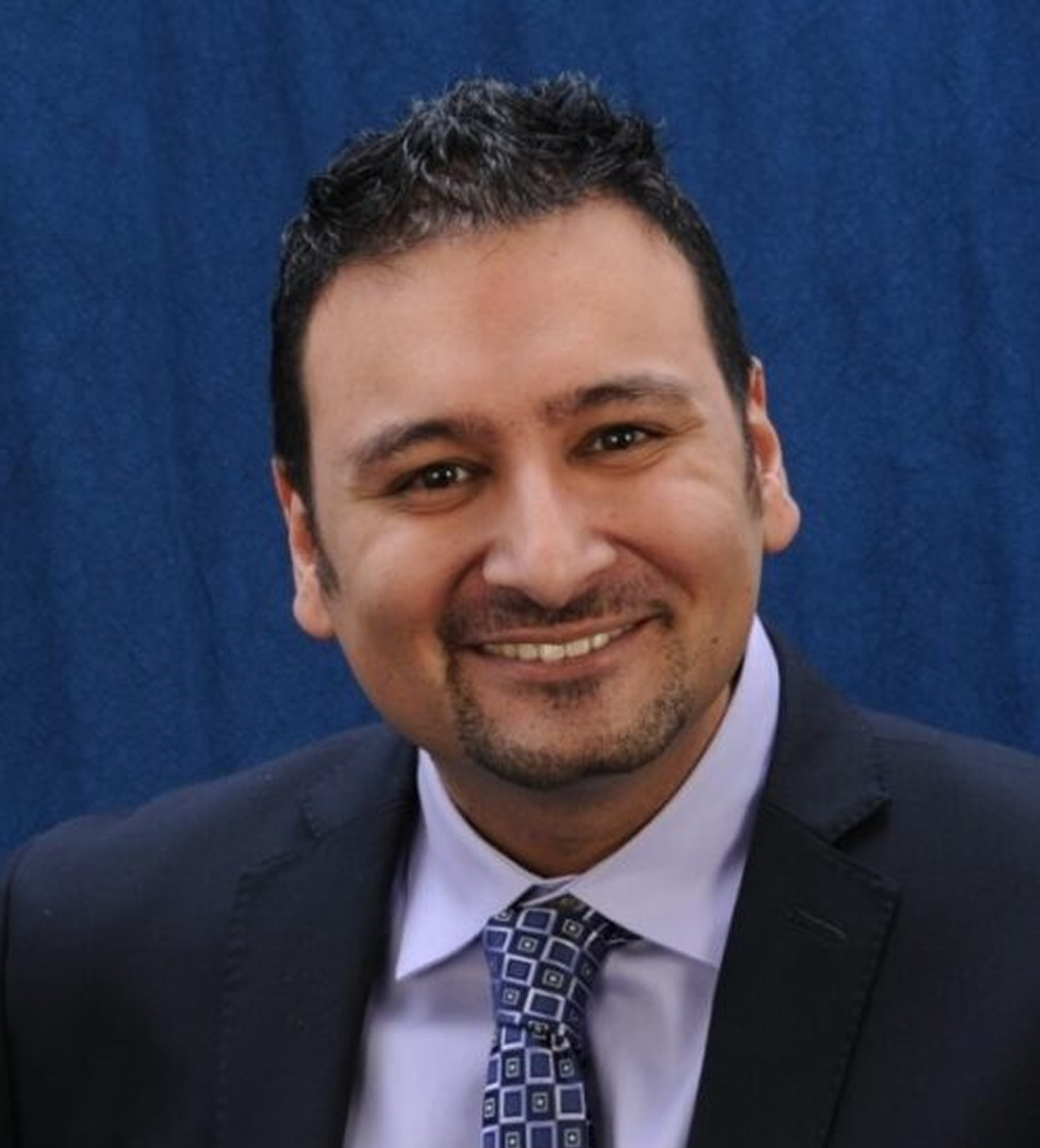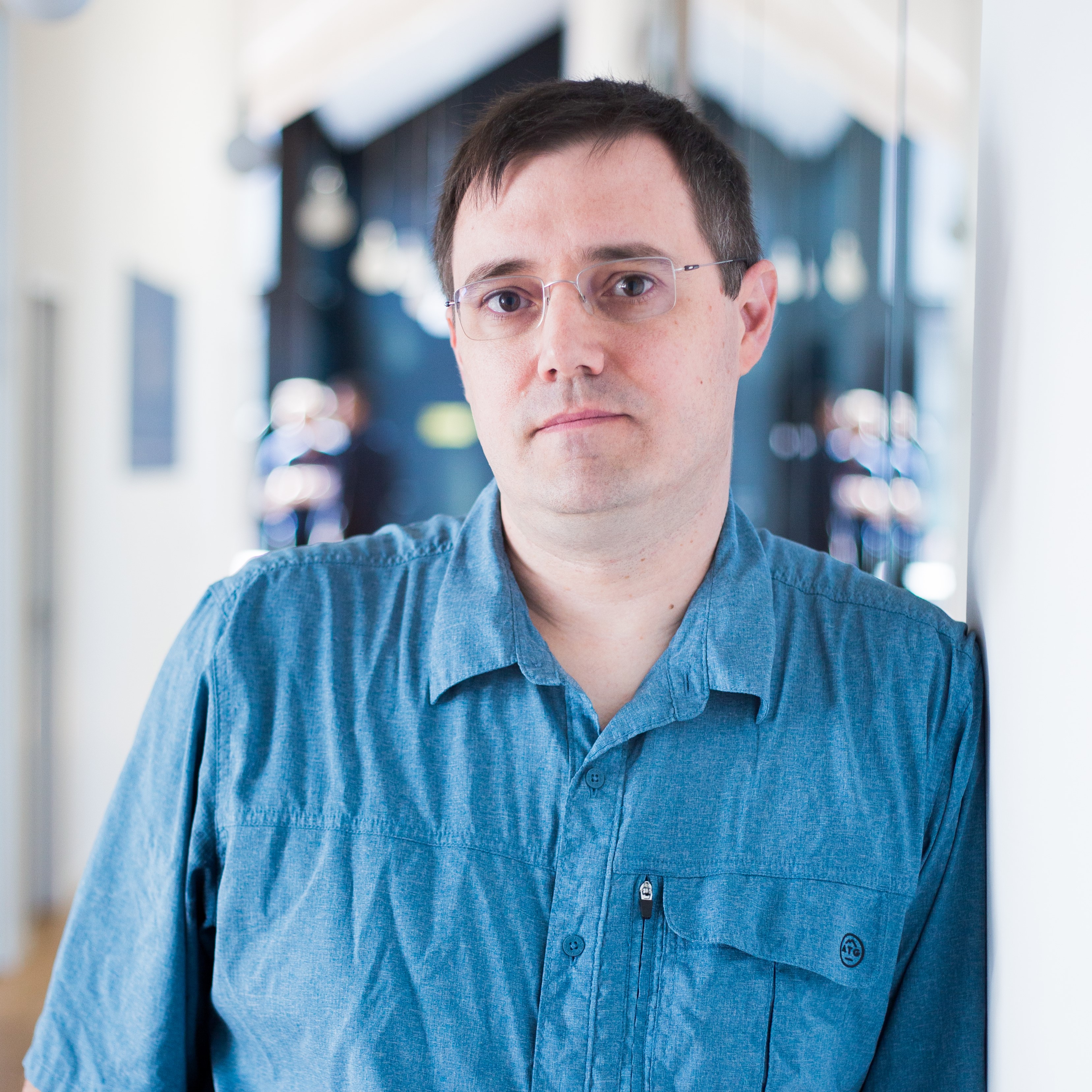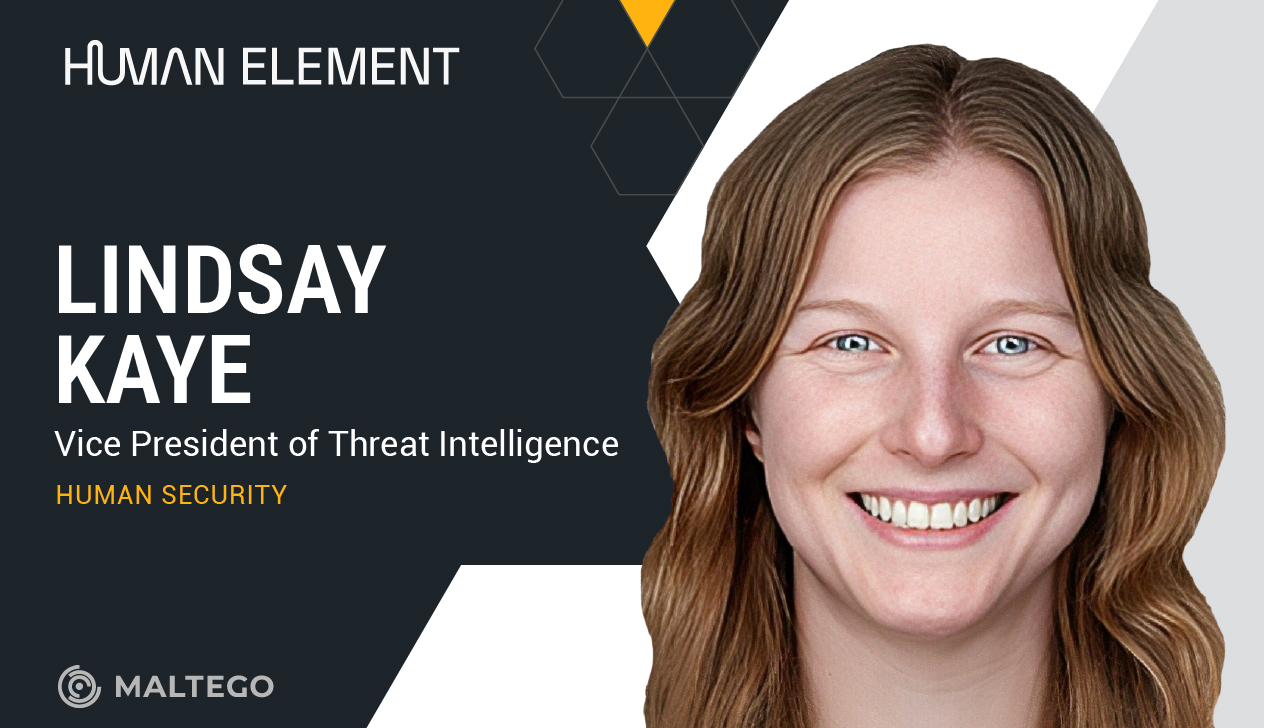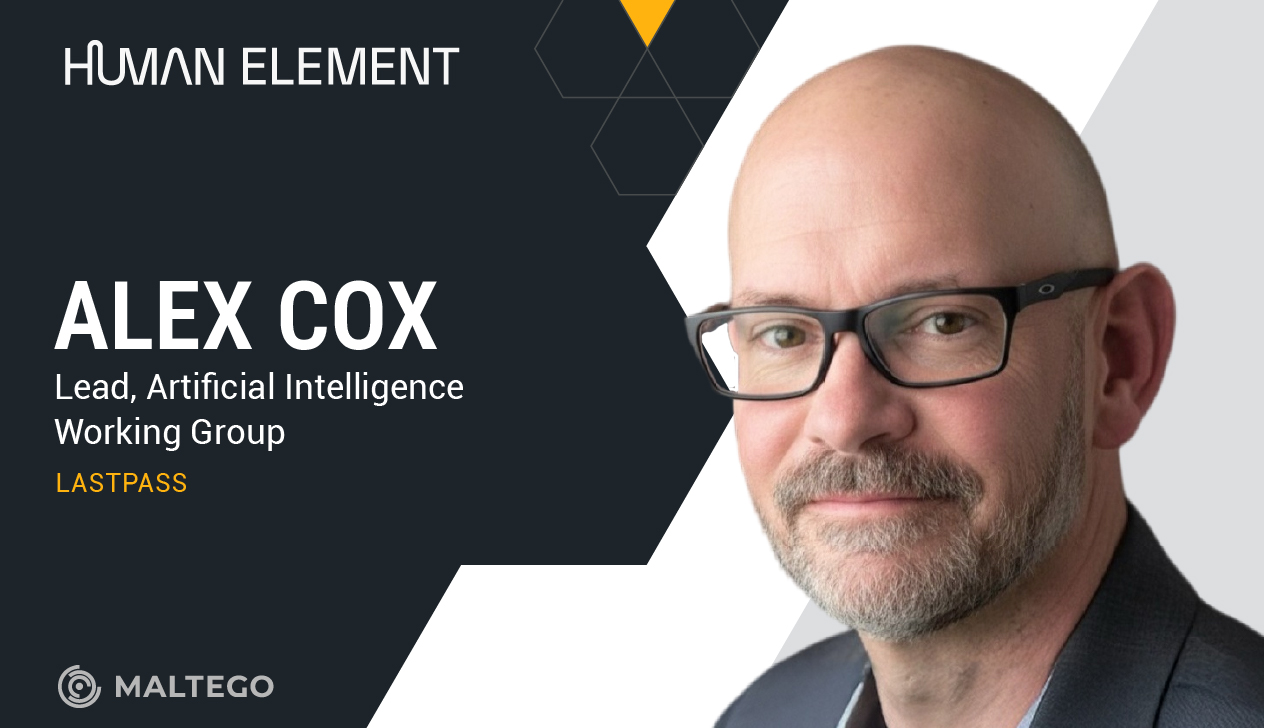26 August 2025
EPISODE #9Fortinet’s Aamir Lakhani on Leading from the Bottom of the Ladder
The Story This time
The most damaging security breaches often happen not because of weak technology, but because overwhelmed human operators start cutting corners under pressure. Aamir Lakhani, Global Director of Threat Intelligence & AI at Fortinet, witnessed this firsthand when investigating a recent breach at a mature global organization that spent heavily on security but still fell victim when their SOC team began muting alerts instead of investigating them. His approach to building resilient security teams focuses on screening for emotional intelligence and persistence rather than pure technical ability, administering CTF challenges where he hires based on how candidates handle frustration and collaborate under pressure.
Aamir’s leadership evolution from individual contributor to team builder required learning what he calls “staying at the bottom of the ladder,” he tells Ben, acting as a cheerleader for his team rather than climbing over them. This philosophy emerged from fighting for his promotion to management because he was focused on personal achievement rather than team development, until a mentor taught him that empowering others actually freed him to work on more complex technical challenges.
Stories We’re Telling Today
- The challenge of maintaining human judgment in security operations when overwhelmed teams resort to muting alerts
- Hiring methodology that prioritizes emotional resilience and collaborative ability over pure technical assessment scores
- Evolution from individual contributor to team leader, acting as team cheerleader rather than climbing over direct reports
- Balancing technical execution with leadership responsibilities through structured time allocation and deliberate practice in both domains
- Building professional communities in security by overcoming introversion and social barriers through conference networking and cross-industry collaboration
- Customer relationship management during high-stakes security incidents, focusing on collaborative improvement rather than blame
- Mentoring framework for next-generation security professionals that considers long-term career sustainability and life goals
- Industry collaboration practices including competitor intelligence sharing and joint threat response coordination that transcends business competition
- Decision-making frameworks for complex security challenges that break overwhelming problems into manageable sequential steps while leveraging both AI tools and human judgment
- Educational approach for security newcomers that emphasizes foundational learning, frustration tolerance, and realistic career trajectory planning in an evolving threat landscape
Too busy; didn’t listen:
- Hire security team members who demonstrate persistence, curiosity, and collaborative ability under pressure, prioritizing emotional intelligence over pure technical skill.
- A recent breach at a mature global organization occurred not from weak technology but because overwhelmed SOC analysts began muting alerts instead of investigating them.
- A leadership philosophy involving “staying at the bottom of the ladder” as a team cheerleader rather than climbing over direct reports, balancing 65% technical work with 35% leadership responsibilities.
- Industry collaboration across competing vendors proves essential for effective threat response, as demonstrated by the successful coordination that neutralized the VPN Filter attack through shared intelligence.
- Consider not just technical goals but what kind of life your career will enable, with honest discussions about AI’s impact on various security specializations.
Skip to the Highlight of the Episode
16:25 - 16:48 “When I first started off, I was an individual contributor and I really enjoyed that and just kind of by force, kind of by accident, I became a team lead, a manager, and I fought it every step of the way, and I really felt like I wasn’t a good manager at first because it was still more about me as an individual figuring out like, hey, what do I need to do to climb that ladder and whatever that may represent.”
Speaker

Global Director of Threat Intelligence & AI
Fortinet
Aamir Lakhani is Global Director of Threat Intelligence & AI at Fortinet, where he analyzes threat actor motivations and develops machine learning models to combat attacks while collaborating with product teams to integrate AI-driven security solutions. Despite starting his career as a shy individual, he has evolved into a leader who prioritizes building industry communities and mentoring the next generation of security professionals through hands-on teaching programs for veterans and students.

Host

CTO
Maltego
Listen to more podcast episodes
Want to share your story next? Join Human
Element as our next guest!


